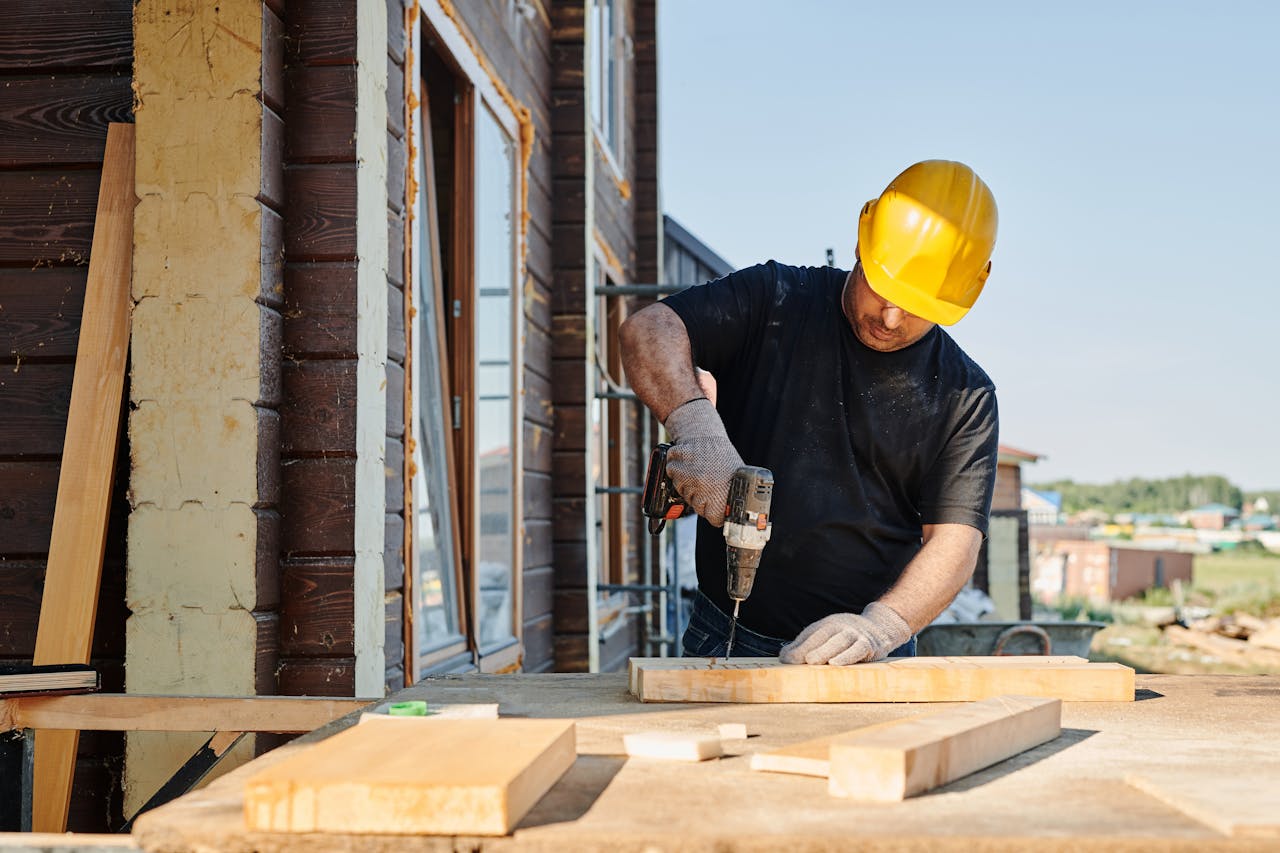Across cities and suburbs, house rules rarely match house habits. Local codes quietly govern wiring, water, noise, trees, and short term rentals, and small choices can cross lines without intent. Permits exist for safety, not paperwork’s sake, and many rules protect workers, neighbors, and creeks a few blocks away. The fix is simple: ask before altering, contain what flows, and keep changes traceable. Learn the boundaries once, post them on the fridge, and a home ages well while the block stays friendly.
DIY Electrical Without Required Permits

Unpermitted wiring hides in walls and can void insurance or stall a sale. Many jurisdictions require a permit and sometimes a licensed electrician for new circuits, subpanels, EV outlets, spas, or generator interlocks. Inspectors check breaker sizing, conductor gauge, GFCI and AFCI protection, bonding, and box fill so faults trip safely. Skipping that oversight turns a tidy junction into a long term hazard. The legal route ends with a green sticker, an updated panel schedule, and a house that protects people first.
Converting Garages And Attics Into Bedrooms
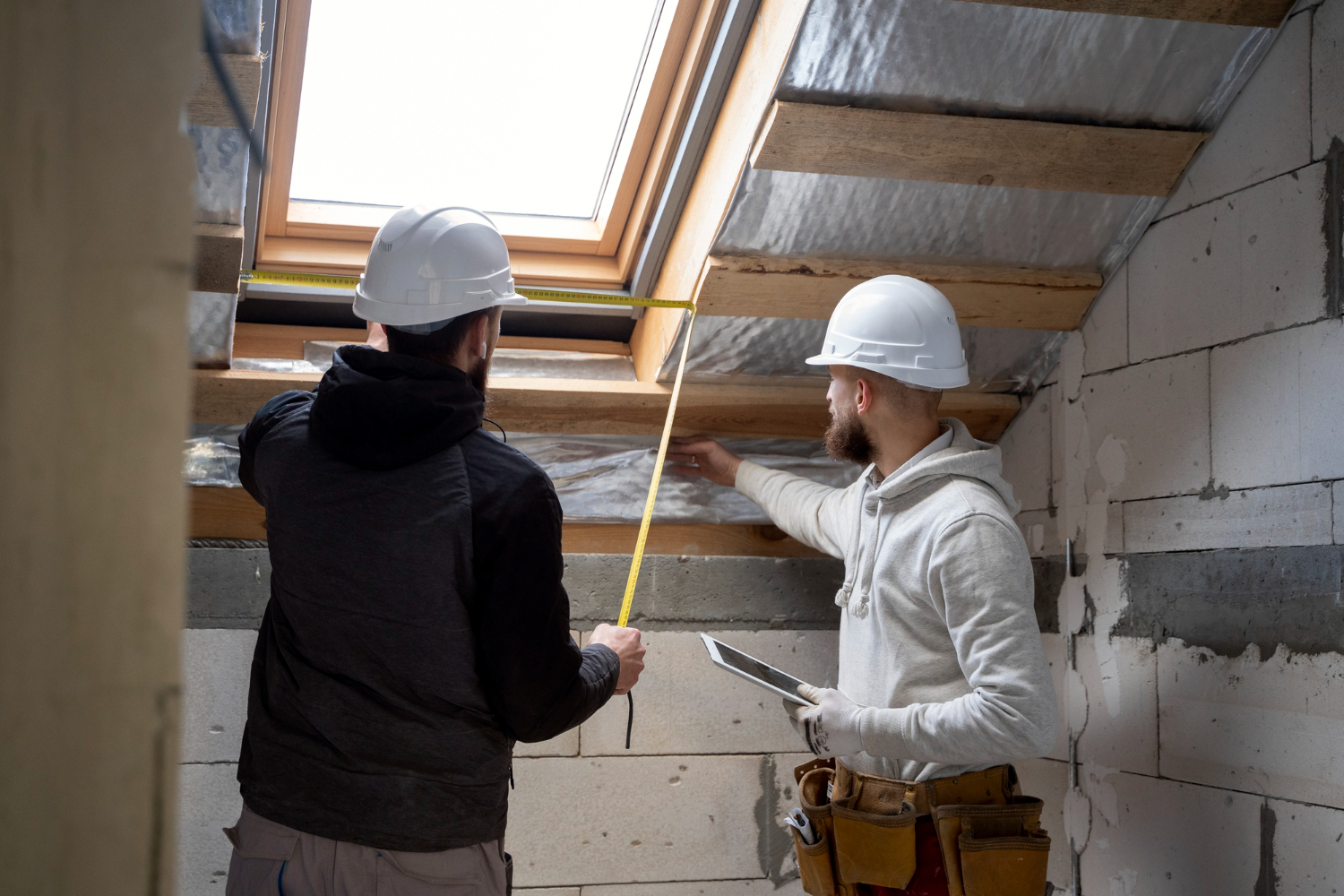
Weekend builds often miss egress, insulation, conditioned supply, and smoke or CO coverage. Habitable rooms need legal ceiling height, emergency escape windows, and heat that holds setpoint. Codes also require fire separation between living areas and garages, with self closing doors and rated drywall. Without permits, a cozy space becomes a violation that blocks refinancing or triggers costly corrections. Add the inspected window, the return vent, and the permit card that proves the room is truly safe to sleep in.
Short Term Rentals Without Licensing Or Taxes
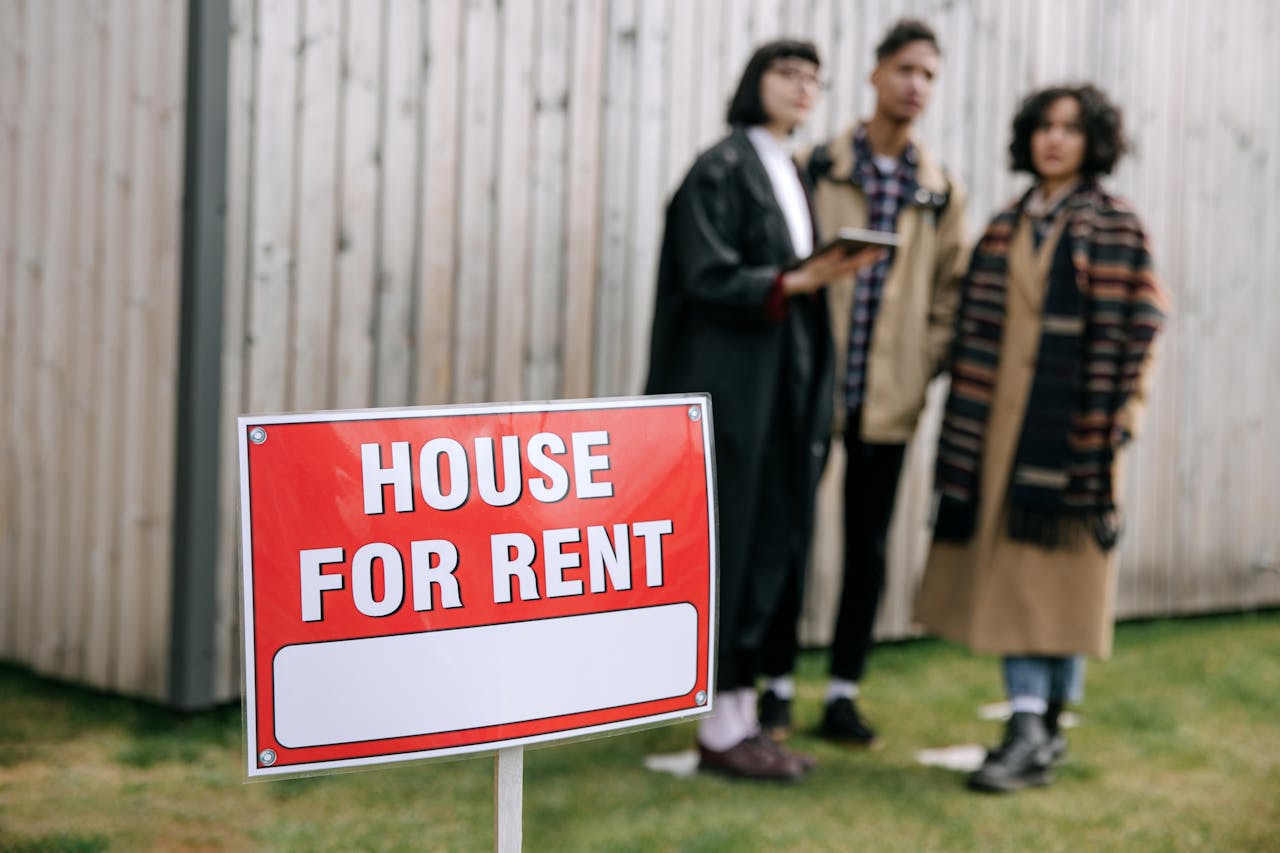
Turning a spare room into frequent stays can trigger hotel taxes, occupancy caps, and neighborhood limits. Many cities require registration numbers on listings, safety gear like extinguishers, and a reachable contact who can respond at 2 a.m. Exceeding guest counts or skipping remittance invites fines that stack fast. Hosts operating above board collect required taxes, post quiet hours, and keep records that pass audits. The payoff is fewer complaints, fewer takedown notices, and better trust with neighbors.
Backyard Fires And Yard Waste Burning
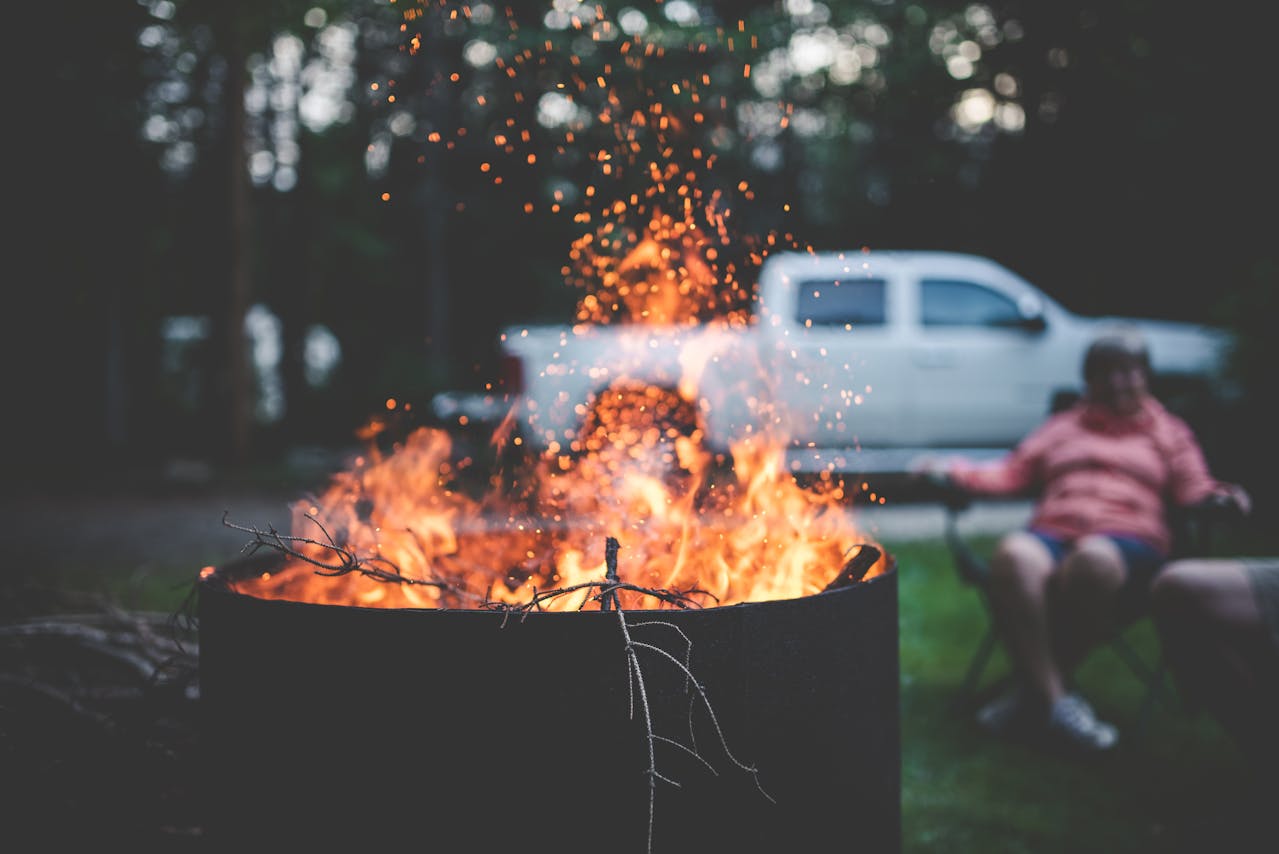
Leaf piles and barrel burns feel traditional, yet air quality rules and wildfire risk restrict them in many counties. Even small fire pits can be illegal on high wind days or during seasonal bans, and some cities prohibit wood fires within set distances of structures. Burning trash or pressure treated lumber releases toxins and draws penalties. Safer paths include permitted gas fire features, municipal yard waste pickup, chipping services, and posted burn calendars that follow weather and fuel conditions.
Trimming Or Removing Street Trees
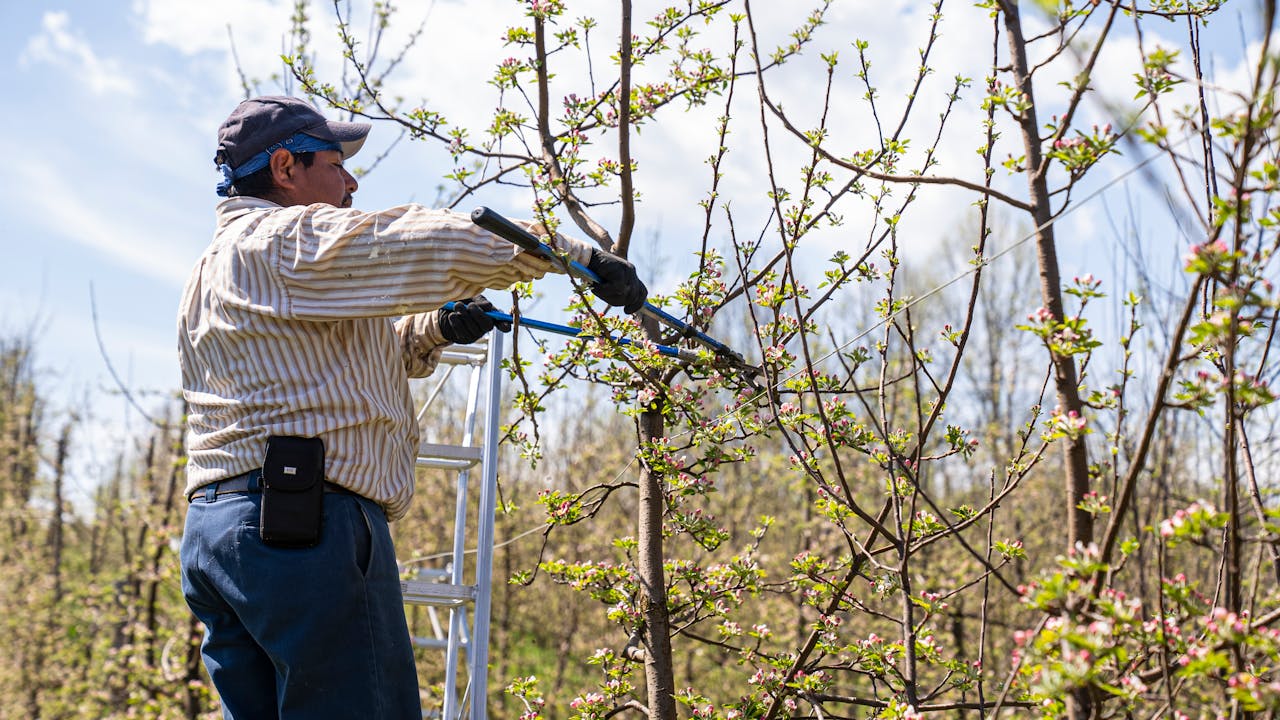
That tall canopy near the curb likely sits in the public right of way. Cutting or heavy pruning without approval can carry steep fines and replacement costs. Municipalities permit work to protect shade, stormwater uptake, and roots that stabilize sidewalks. Utility clearance has separate standards and should be handled by approved crews. When a limb threatens a roof or line, start with an arborist report and a city work order, not a weekend chainsaw. Paper first, pruning second.
Dumping Paint, Oil, Or Chemicals Down Drains

Leftover stain, solvents, pesticides, and used motor oil cannot go into sinks, storm drains, or gutters. Those lines lead to treatment plants or waterways not designed for toxics. Even latex paint should be dried before trashing or taken to a household hazardous waste site. Many towns run free drop off days for batteries and meds as well. Keeping poisons out of sewers protects fish, treatment staff, and everyone downstream. Labels help, but local disposal pages give the final word.
Blocking Sidewalks With Cars, Bins, Or Hedges

Sidewalks are public rights of way, and blocking them can violate accessibility laws. Parking across walkways, staging debris in paths, or letting hedges swallow concrete creates hazards for strollers, wheelchairs, and night walkers. Most codes mandate clear width, trim schedules, and time windows for bin placement. The fix is practical: keep routes open on collection day, trim to the property line, and pull a permit for temporary closures during moves or major deliveries so pedestrians stay safe.
Power Tool And Party Noise Outside Allowed Hours
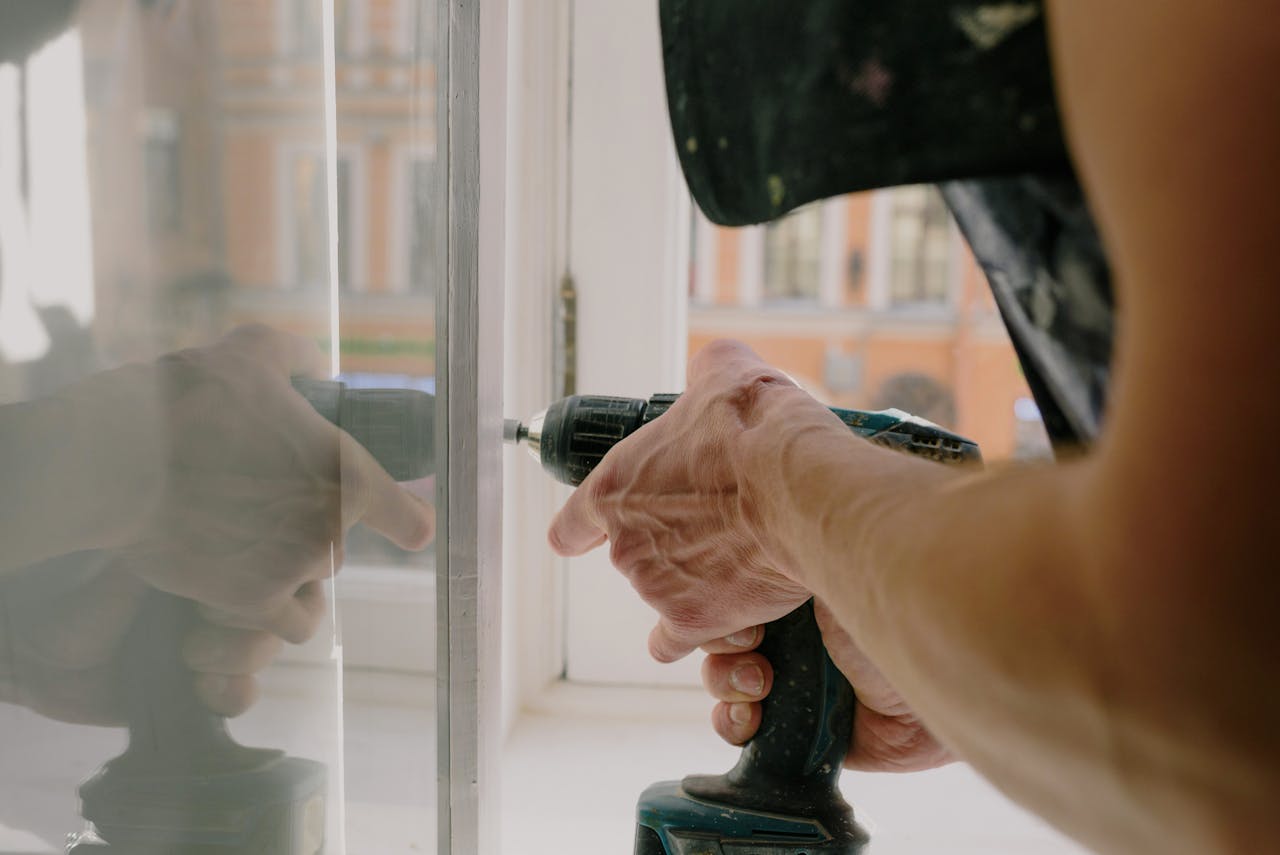
Mowers at dawn, grinders late at night, and amplified music past posted quiet hours breach noise ordinances. Many cities set decibel limits and time windows for construction, yard work, and events, with escalating fines for repeats. Even daytime jobs may require sound barriers or written notices to adjacent properties. Planning loud tasks inside permitted windows, using quieter blades and cordless tools, and warning neighbors before demolition keeps peace and avoids citations that sour a street.
Selling Homemade Foods Without Proper Permits

Cottage food laws vary widely. Some states allow shelf stable goods with registration and labels, while others require commercial kitchens for anything beyond jams and breads. Risky foods like cream fillings or canned vegetables often sit outside legal home production. Labels must list ingredients and allergens, and sales may be capped annually. Operating within the rule set turns a great recipe into a legitimate micro business that respects safety, transparency, and customer trust.
Fences, Sheds, And Patios Inside Setbacks Or Easements
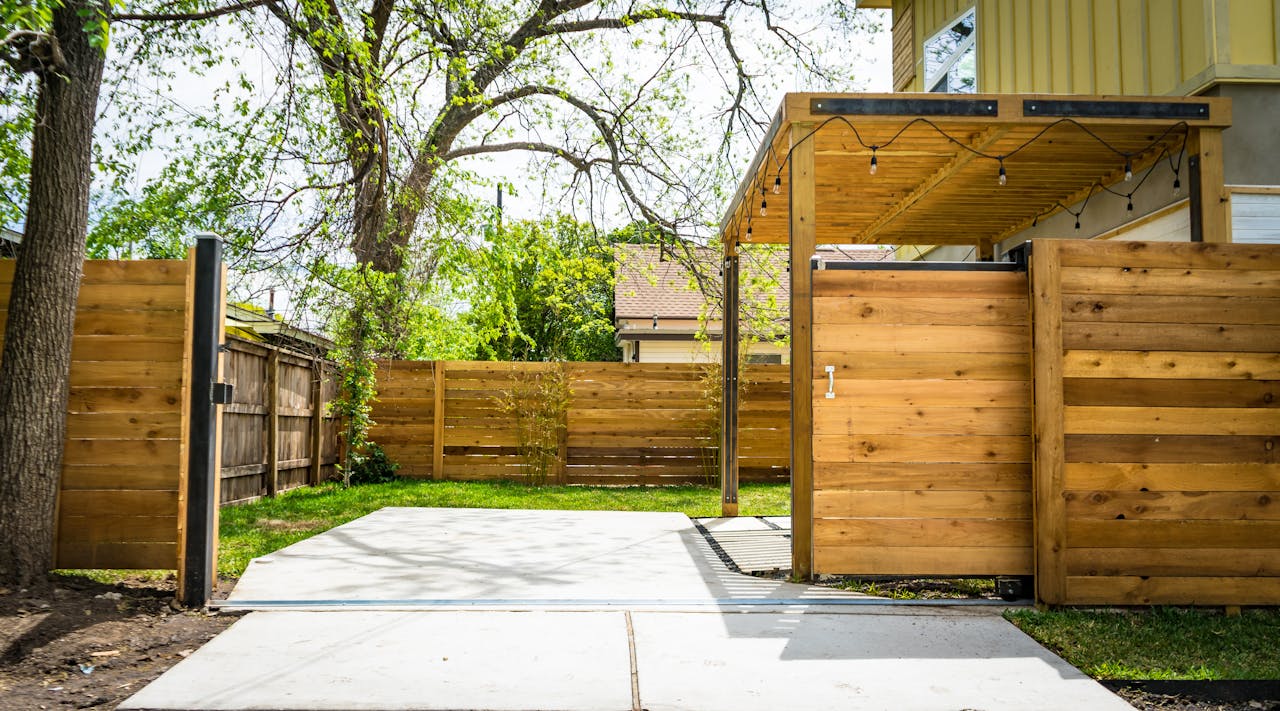
New fences and outbuildings often creep into setbacks, drainage easements, or utility corridors. Building across those zones can block emergency access, flood relief, or service work, and it is illegal even if a neighbor agrees. Towns usually require simple permits and surveys for height, placement, and materials, plus corner setbacks to protect sightlines. A quick zoning check and flagged lot lines solve disputes before posts hit soil and spare everyone the pain of moving concrete later.
Recording Conversations With Doorbells And Cameras
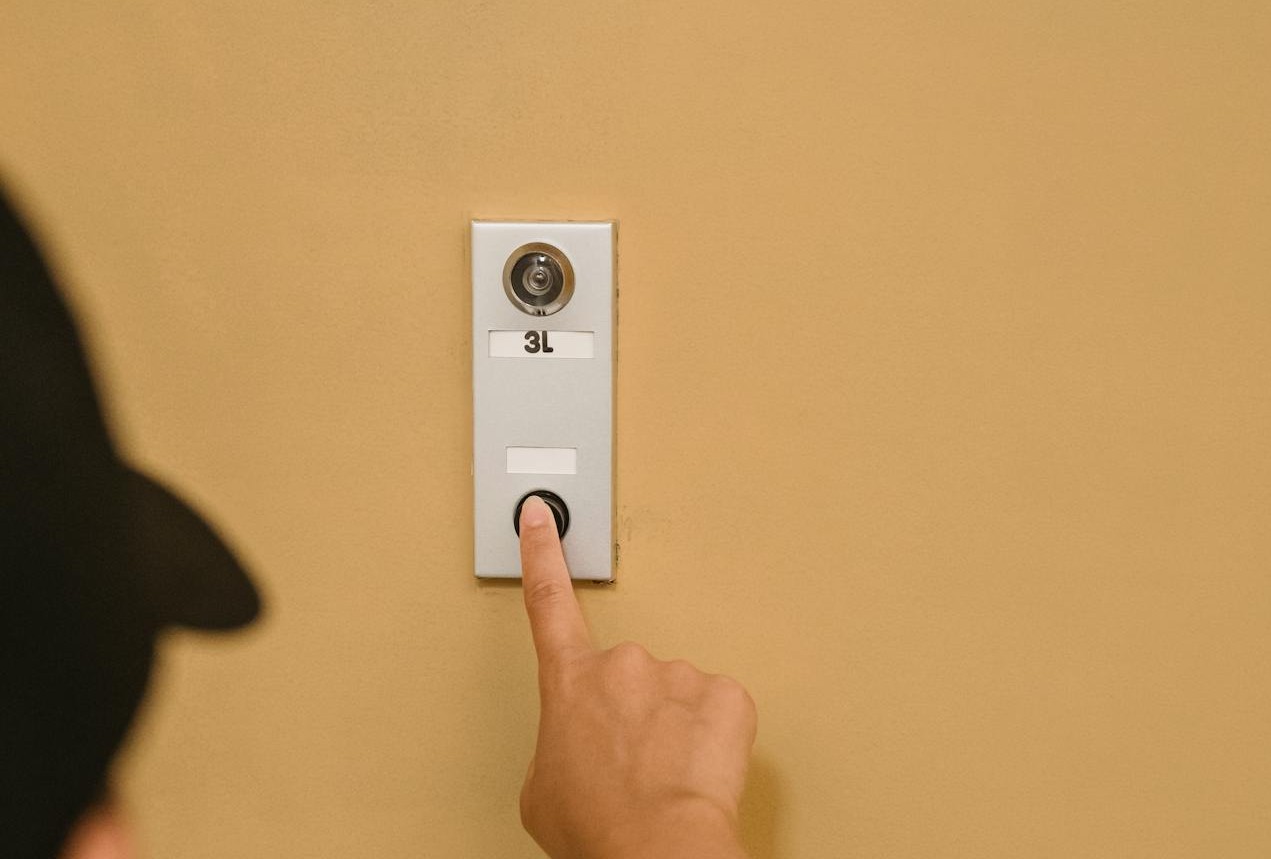
Cameras facing the street are widely allowed, but always on audio can cross wiretap laws in two party consent states. Capturing private areas like a neighbor’s yard or a shared hallway may also violate privacy rules or lease terms. Most systems include toggles to mute mics and motion zones to avoid adjacent windows and porches. Clear signage, narrow fields of view, and disabled audio respect privacy while preserving security footage that actually helps.
Water Use Violations And Soapy Runoff To Storm Drains

Irrigating on off days, car washing without shutoff nozzles, or sending detergent into storm drains can violate water and clean water rules. Storm systems often flow straight to creeks, so phosphates and waxes ride downstream. Backflow devices on irrigation or pressure washers may require inspection tags. Follow watering calendars, wash on gravel or grass where runoff can filter, and use biodegradable soaps with buckets and shutoff triggers. Small tweaks protect streams and keep fines off the mailbox.
